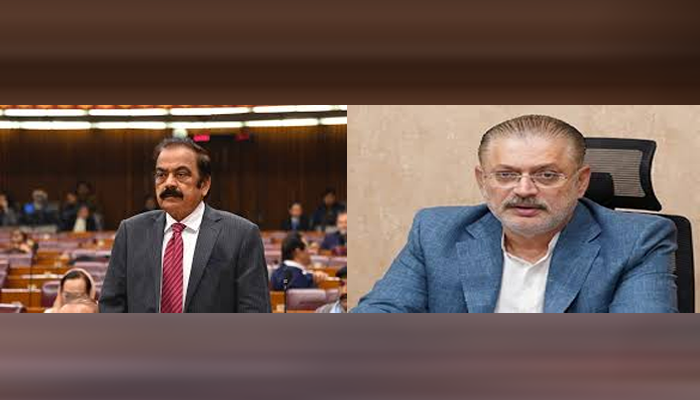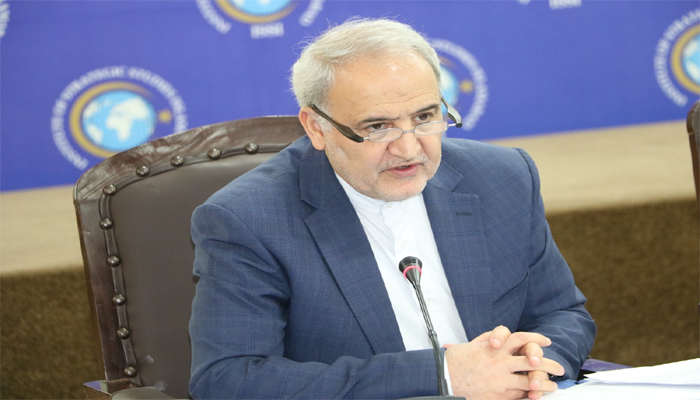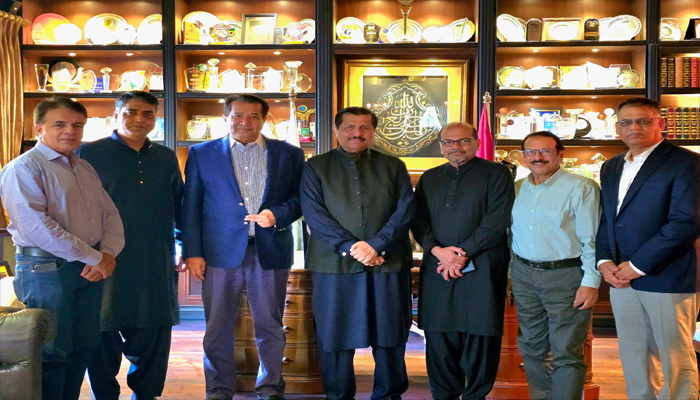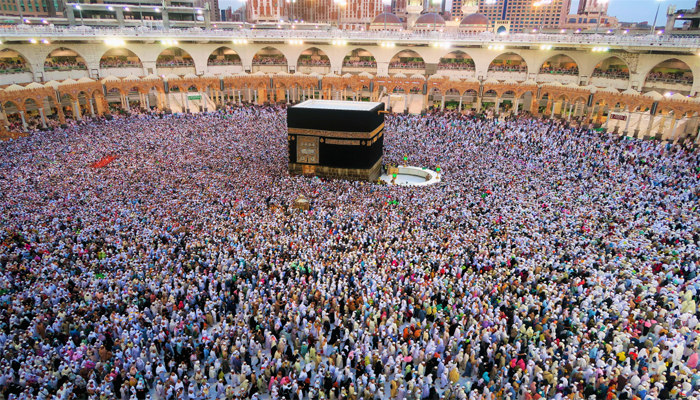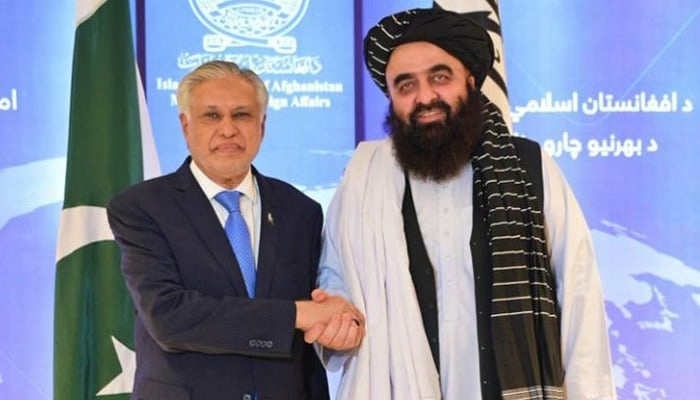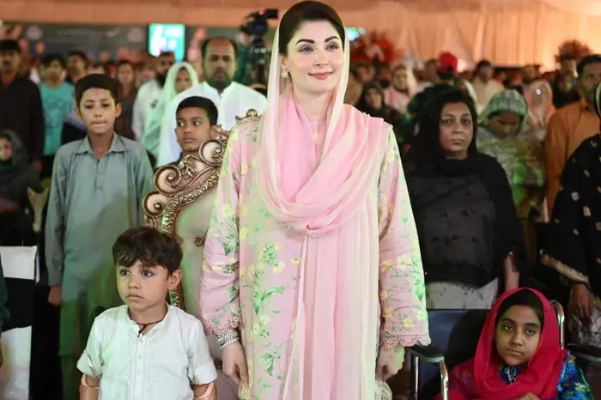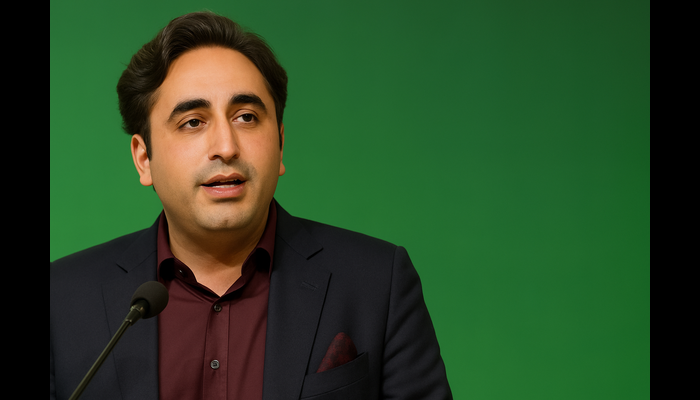The political tensions surrounding the controversial canal project took a significant turn on Monday when the ruling Pakistan Muslim League-Nawaz (PML-N) expressed its commitment to addressing the reservations of its coalition partner, the Pakistan Peoples Party (PPP), regarding the project.
This commitment was made during a second telephonic conversation between Adviser to the Prime Minister Rana Sanaullah and Sindh Senior Minister Sharjeel Memon, according to a statement issued by the PML-N.
The issue of the canal project, which has sparked considerable controversy between the provinces, particularly Sindh, has become a major flashpoint in Pakistan’s political landscape. Sharjeel Memon, speaking through his spokesperson, reiterated that the PPP and the people of Sindh have serious concerns about the project, which they believe threatens the equitable distribution of water. He emphasized that the PPP’s stance has been clear: water distribution must adhere to the 1991 Water Accord, which ensures fair water-sharing between provinces.
“The PPP is open to dialogue with the federal government,” Memon said, “but we insist that any decision regarding the canals must be based on fairness and respect for the rights of Sindh under the Water Accord.”
In a response to these concerns, PML-N’s Rana Sanaullah assured that the federal government was committed to resolving the matter through dialogue and technical discussions. During the phone call, Sanaullah emphasized that the distribution of water would be handled in line with the Water Accord, which, according to him, prohibits the transfer of water from one province to another without consent.
“We believe in resolving all matters amicably,” Sanaullah said. “The administrative and technical aspects of water distribution will be thoroughly addressed. Our aim is to ensure that no province’s rights are violated.”
Sanaullah also stated that any reservations expressed by the provinces would be thoroughly addressed through continued consultations. His remarks seemed to be an attempt to calm the growing concerns surrounding the project, which has been a source of mounting protests in Sindh.
Both leaders expanded on their positions during an interview on Geo News’ popular program, Aaj Shahzeb Khanzada ke Saath. Sharjeel Memon reiterated the PPP’s position, stating that his party would not accept the project unless it was shelved and an assurance was given that Sindh’s water rights would not be compromised. “The Prime Minister must take this situation seriously and announce that the government is shelving the project immediately to ease the concerns of the people,” he demanded.
On the other hand, Sanaullah clarified that the project was still in the consultation phase, and no final decisions had been made. He explained that the initiative could not be classified as a project until it was discussed and approved by the Council of Common Interests (CCI), a constitutional body that addresses inter-provincial issues. According to Sanaullah, the CCI meeting had yet to be convened, and no project could move forward without its approval.
He also defended the canal initiative, stating that water conservation measures, such as canal lining, could potentially save up to 50% more water compared to traditional flood irrigation systems. Sanaullah asserted that while Sindh had expressed concerns, the issue was not about stealing water but about improving the efficiency of water use.
However, Sharjeel Memon raised questions about the sources of water for the project, particularly in relation to the Cholistan region in Punjab. He asked where the additional water required for this area was coming from, implying that it could come at the expense of Sindh’s share.
The ongoing controversy surrounding the canal project intensified in recent months, particularly after Punjab’s Chief Minister Maryam Nawaz and Chief of the Army Staff General Asim Munir launched the ambitious Cholistan irrigation project in February, a move that provoked widespread protests in Sindh. Sindh’s provincial assembly passed a unanimous resolution against the project in March, further escalating tensions.
PPP Chairman Bilawal Bhutto-Zardari had also raised alarm over the project in April, warning the federal government against pushing forward with the canal plan. He urged the PML-N to acknowledge the PPP’s objections and reconsider the project.
Despite these escalating concerns, Rana Sanaullah reiterated that the federal government was open to further dialogue and discussions to resolve the issue. He stated that the Prime Minister would review the situation upon his return from an official trip to Turkey and take steps to address the reservations of Sindh and other provinces.
As the debate continues, it is clear that the canal project remains a highly contentious issue, with both sides asserting the need for dialogue and resolution, though the path forward remains uncertain.

